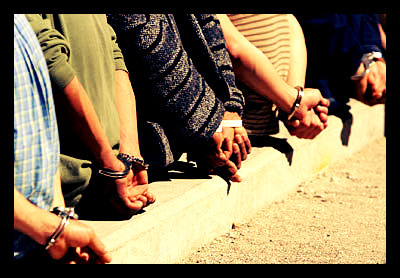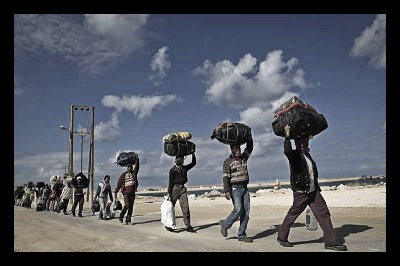A Human Rights Watch report reveals that traveling employers often abuse their migrant workers in the United Kingdom. Meanwhile, the government tends to neglect the abuses and has thus far made it harder for the workers to escape the prison-like conditions.
According to the report’s press release, migrant workers face a range of abuses such as “confiscation of passports, confinement to the home, physical and psychological abuse, extremely long working hours with no rest days and very low wages or non-payment of wages.”
In 2012, the U.K., despite being challenged by UN experts and NGOs, terminated the migrant workers’ right to change their employers upon their arrival from a different country.
Before traveling to the U.K., under the Overseas Domestic Worker visa, domestic workers are required to have been employed by their employer for no less than a year. The visa also limits the employer and the migrant worker to a temporary visit.
“The most serious consequence of the new tied visa for migrant domestic workers is that if they leave their employ they become undocumented,” the report explains. “As a result, domestic workers who have escaped for abusive conditions can be afraid to approach the police out of fear of being deported from the U.K.”
Similar abuses such as the ones occurring in the U.K. take place in the Gulf under the “kafala” system.
According to Graham Peebles, director of the Create Trust, “The draconian Kafala sponsorship system, (which grants ownership of migrants to their sponsor), together with poor or non-existent labour laws, endemic racism and gender prejudice, creates an environment in which extreme mistreatment has become commonplace in the oil-rich kingdom.”
Although the U.K. government was criticized for doing little to stop the practice of kafala within its borders, HRW suggested it could still act to prevent further abuses.
For example, many abusive employers also serve as diplomats who are given immunity due to their profession. On the other hand, one possible course of action that could be taken involves waiving the immunity given to them when they commit crimes against the migrant workers.
As for the U.K. parliament, HRW suggests that the institution should pass legislation that criminalizes the confiscation of the workers’ passports.
While the government decides what to do next, diplomats who already practice kafala in their own countries are given the impression that they can continue to abuse their migrant workers while traveling in the U.K.
– Juan Campos
Sources: Counterpunch, Human Rights Watch
Photo: Flickr



